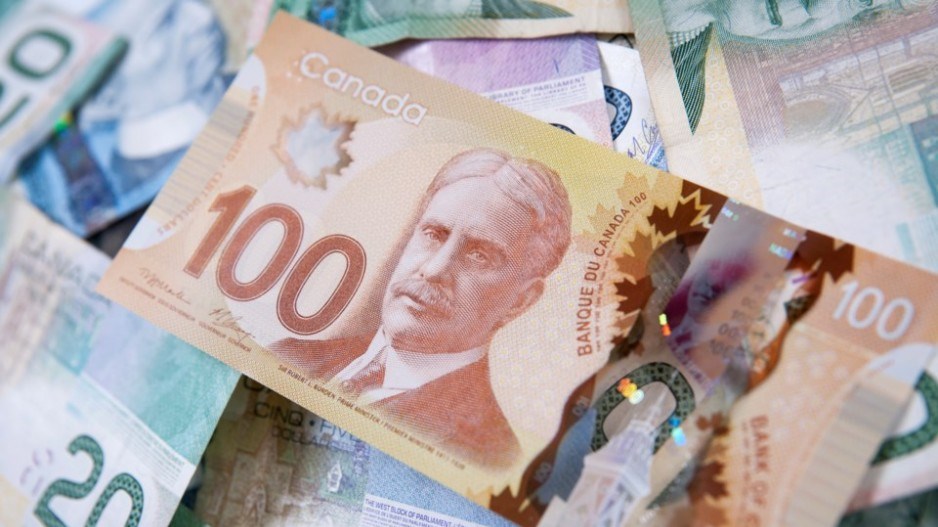Cashless tills are found in many chain stores but are most prevalent in grocery stores.
Few Canadian shoppers still use cash in grocery stores, but they have interesting views on going totally cashless.
Only six per cent of Canadians pay for groceries with cash, according to an Angus Reid poll done for the Agri-Food Analytics Lab at Dalhousie University.
The number paying cash varies from a high of 13 per cent in Manitoba to a low of five per cent in Alberta, Saskatchewan and Quebec. On average, six per cent of Canadians pay cash for groceries.
Of those who use cash, 28 per cent says it helps them track the cost of groceries.
Paying by credit card is the most popular with 58 per cent of B.C. shoppers using that plastic — highest of the provinces.
Lowest credit card use is in Alberta at 37 per cent with 43 per cent in Saskatchewan.
Debit cards are the second most popular means of payment with Saskatchewan having the highest use at 51 per cent. Lowest rate is B.C. at 35 per cent.
Three quarters of Canadians feel plastic is more convenient.
Just over half of survey respondents — 53 per cent— believe that using plastic is an invasion of privacy as it requires sharing of personal information with the store and the card processor.
Just over one-quarter felt that grocery stores won’t accept cash within five years but 73 per cent believe not accepting cash is discriminatory.
Actually, six per cent of Canadians have no bank account and 15 per cent who use payday loans or cheque cashing services are considered underbanked.
“There’s certainly a push for a cashless grocery store, but our study shows Canadians expect more of an inclusionary approach when paying for groceries,” said Janet Music, Research Associate at the Agri-Food Analytics Lab.
Going cashless could also become a problem for those who live in remote areas, where internet connectivity is not reliable, and where electronic transactions might not be possible, she said.
In a nutshell, a cashless economy could limit access to goods and services for certain individuals and communities, and it could also have negative impacts on privacy and security.
A list of countries that are almost cashless in all transactions includes Sweden, Finland, China, United Kingdom, and Australia, according to globaldata.com.
Ron Walter can be reached at [email protected]




